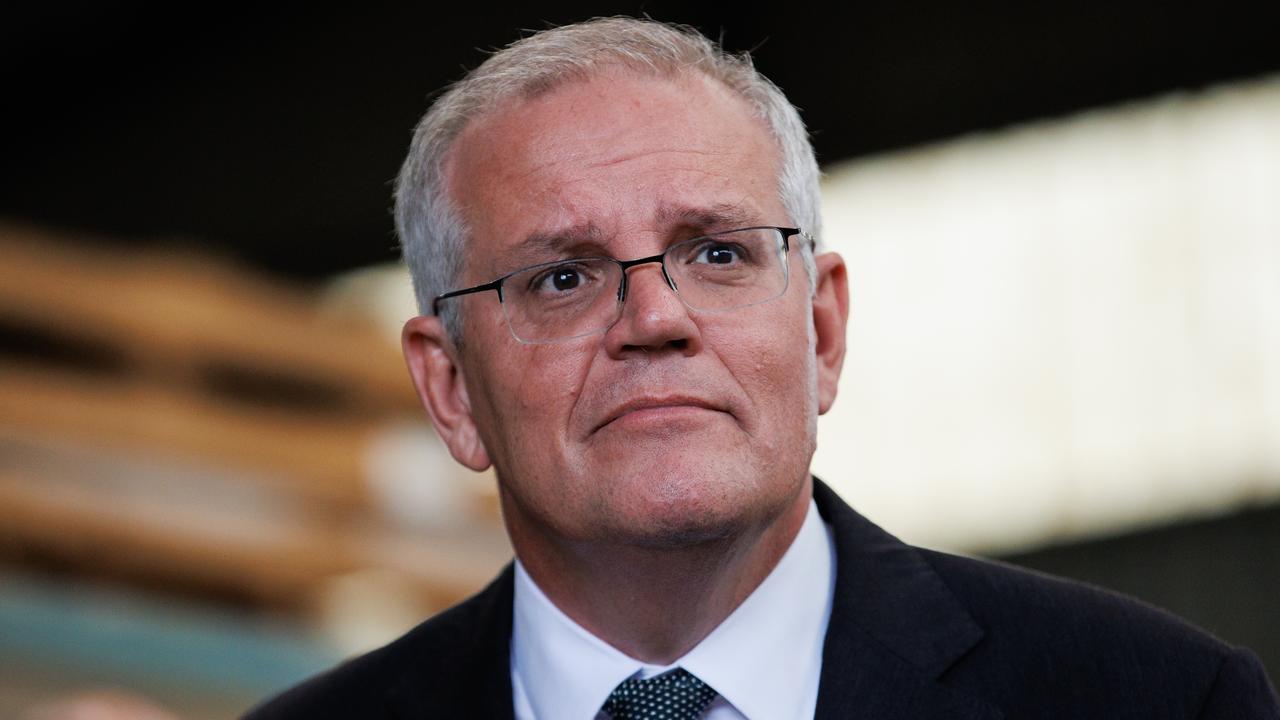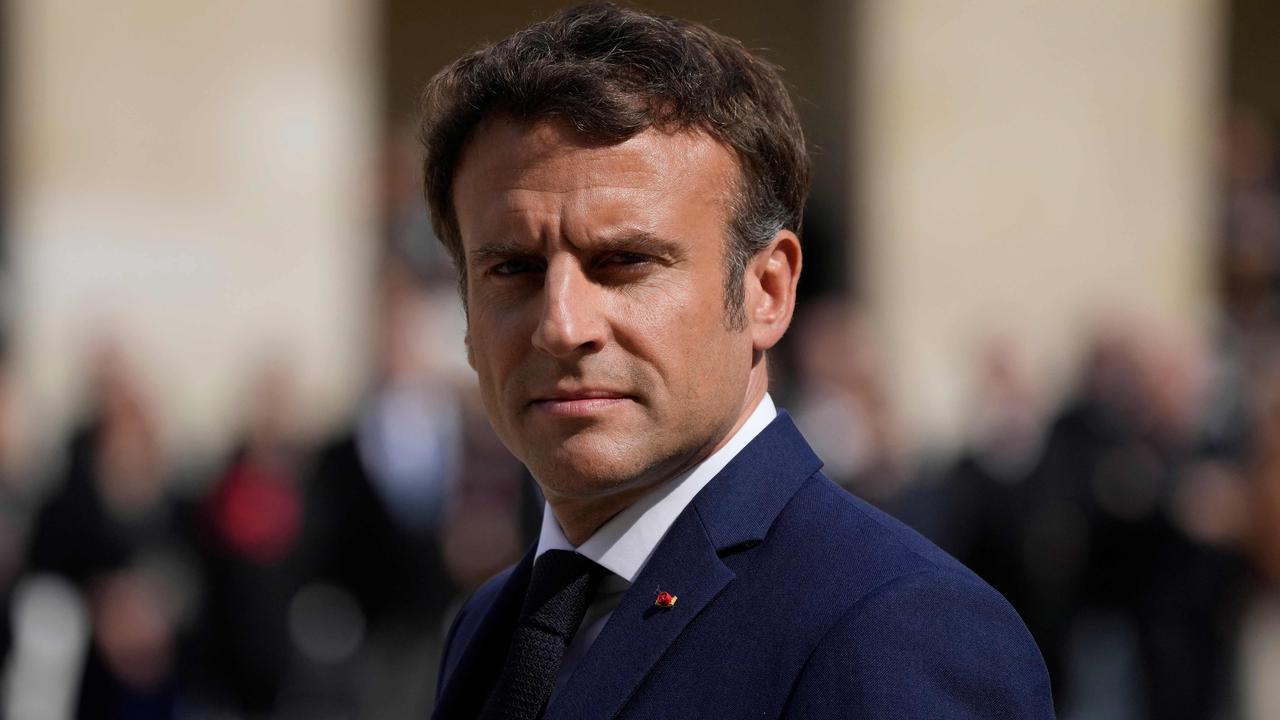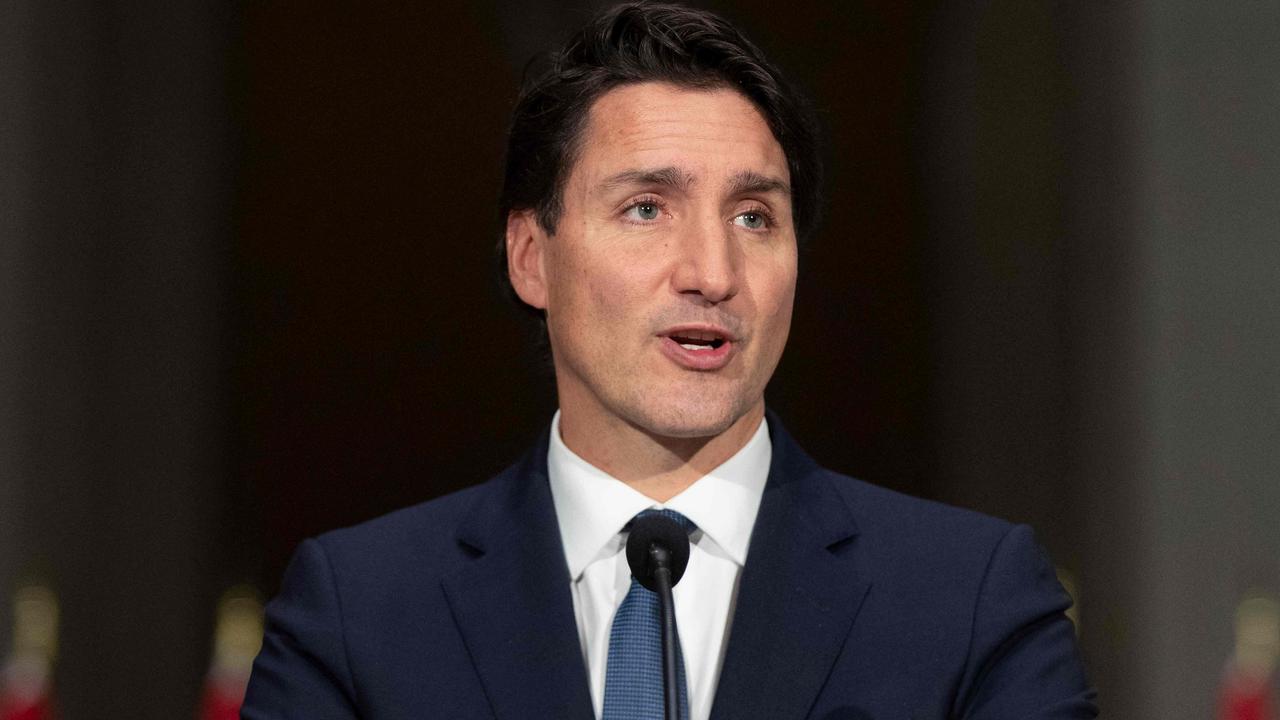Joe Hildebrand: Why pork-barrelling is good for democracy
For some it’s a threat to Australian democracy that needs to end. That is of course, until it benefits them.
At a marginal seat debate I hosted this week I asked the independent candidate — who was calling for a federal corruption watchdog — what corrupt conduct she thought needed investigating.
Quickly and eloquently she cited numerous examples of profligate and clearly politically motivated government spending in marginal seats, a practice universally known as pork-barrelling.
It was a fair answer and a fair call. The only catch was that a question or two later she and all of the other candidates in the debate were united in declaring that a great deal of government spending was needed in their particular marginal seat.
Because that’s the funny thing about pork-barrelling — it only ever seems to happen in someone else’s electorate. When it happens in your own it’s a long overdue piece of community infrastructure.
But it’s also more than a new football stadium or car park. In fact it is the glue that holds our system of government together.
That’s right: Pork-barrelling is good for democracy.

In fact a veteran political strategist recently told me he was always delighted when accusations of pork-barrelling were levelled at his own party, especially if they were splashed across the front page.
“Good,” he said. “It means we’re really trying.”
And if such activity somehow eluded the media he would be sure to tip them off himself. After all, what was the point of pork-barrelling unless the voters knew how much money was being thrown at them?
This is, as they say in the pornography business, a legitimate move. But I would argue that pork-barrelling has an even higher purpose than that. Every dollar is a stitch in the increasingly flimsy fabric of stable government.
How so? I’m glad you asked.

In Australia we are blessed — as Scott Morrison might put it — to have a holy trinity of political forces that keep our democracy secure.
The first is compulsory voting, in which even the most apathetic voter must show up on polling day if only to scrawl a cock and balls on the ballot paper. This means that every citizen who is governed has at least some say in how they are governed.
The second is preferential voting, in which by a system of run-offs voters end up settling upon the MP most acceptable to the majority. This means that while the best candidate doesn’t necessarily win, the least worst always does.
And the third is the Westminster system, in which government can only be formed by a party that can command a majority of seats in House of Representatives and the Prime Minister is the chair of a Cabinet. This means that no populist leader can be thrown up by disparate forces and end up having supreme executive power.

This little institutional trifecta, a hybrid of constitution and convention, has an incredible moderating effect on personal power in politics and has made our democracy among the most peaceful and stable on the planet.
No civil wars, no revolutions and no coups have ever blighted our federation. Our greatest constitutional crisis was an erstwhile benign head of state dissolving the government and calling an election which resoundingly rejected that government. And even that was traumatic enough to our population to ensure it will never happen again.
The other thing these settings unwittingly but perhaps inevitably ushered in was the two-party system, which has been a byword for stability since the Second World War but is increasingly fracturing.
Unlike in most European democracies, successful Australian political parties are mostly able to govern in their own right. And this has spared us the explosion of movements from the left, right and centre that has so disrupted nations like the US, UK, Canada and France.
As a result the first two have had to deal with schismatic divides between the hard left and hard right: Think Bernie Sanders vs. Donald Trump and Jeremy Corbyn vs. Boris Johnson. Given the excruciating humourlessness of the former it’s little wonder our allies flocked to the latter.

In France and Canada the established parties gave way to what you might call populist centrists. They are moderate but also effectively cult-of-personality movements helmed by Emmanuel Macron and Justin Trudeau. What happens when either hangs up their shoes?
Meanwhile in Australia it is still structurally impossible that a majority government can be delivered by ideological crusaders on the fringes. Elections are not won by activists.
Likewise, motive hot-button issues that might mobilise otherwise apolitical people and make a big difference in a voluntary voting system simply cannot have the same impact here, where everyone has to vote.
Instead victory in Australia can only be won via largely mainstream, middle-class, suburban seats — and only by appealing to the most ambivalent voters within those seats. Our political system has been almost miraculously calibrated to draw both parties away from the lunar fringes and squarely towards the centre.
And so instead of being decided by right-wingers obsessed with abortion and guns or left-wingers who think political impact comes from nasty hashtags and sensitive pronouns, Australian elections are decided by everyday, often unengaged voters who will weigh up which leader seems like the safest pair of hands and which party got their kids that new soccer field.
It’s base, it’s boring and we should be bloody grateful for it.
Watch Joe on The Blame Game — 8.30pm Fridays on Sky News or stream anytime on Flash
Originally published as Joe Hildebrand: Why pork-barrelling is good for democracy





